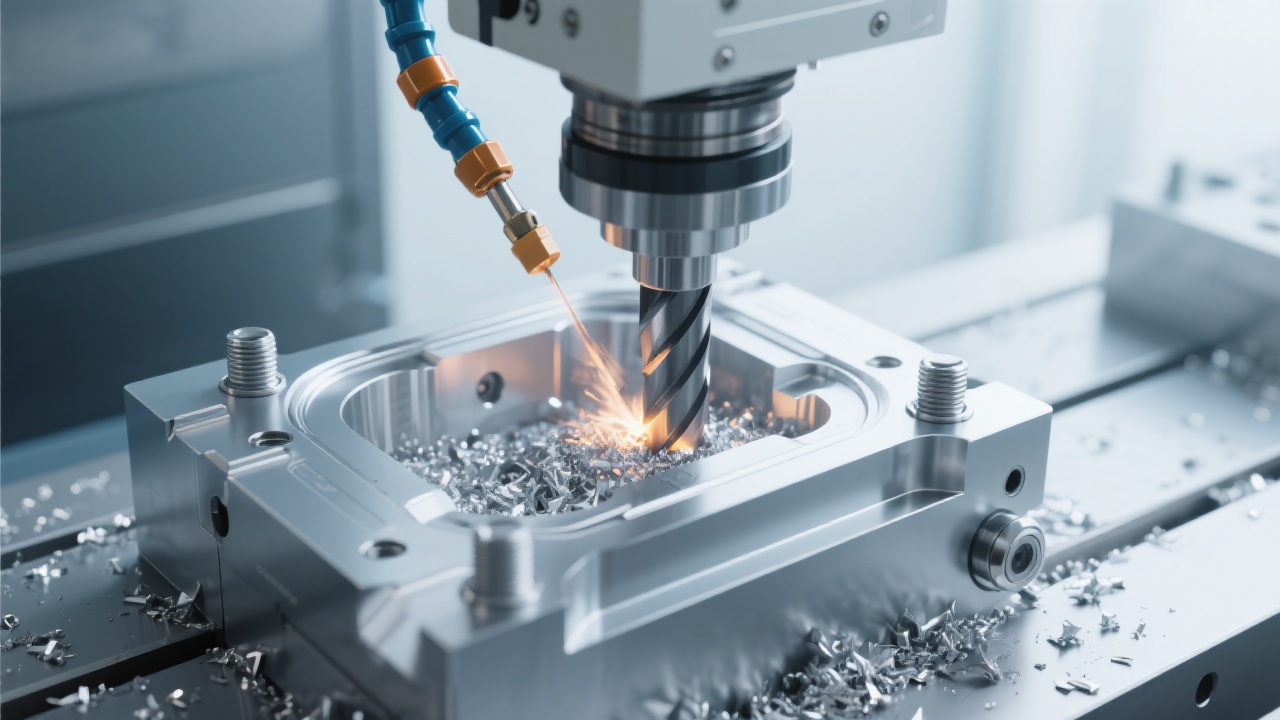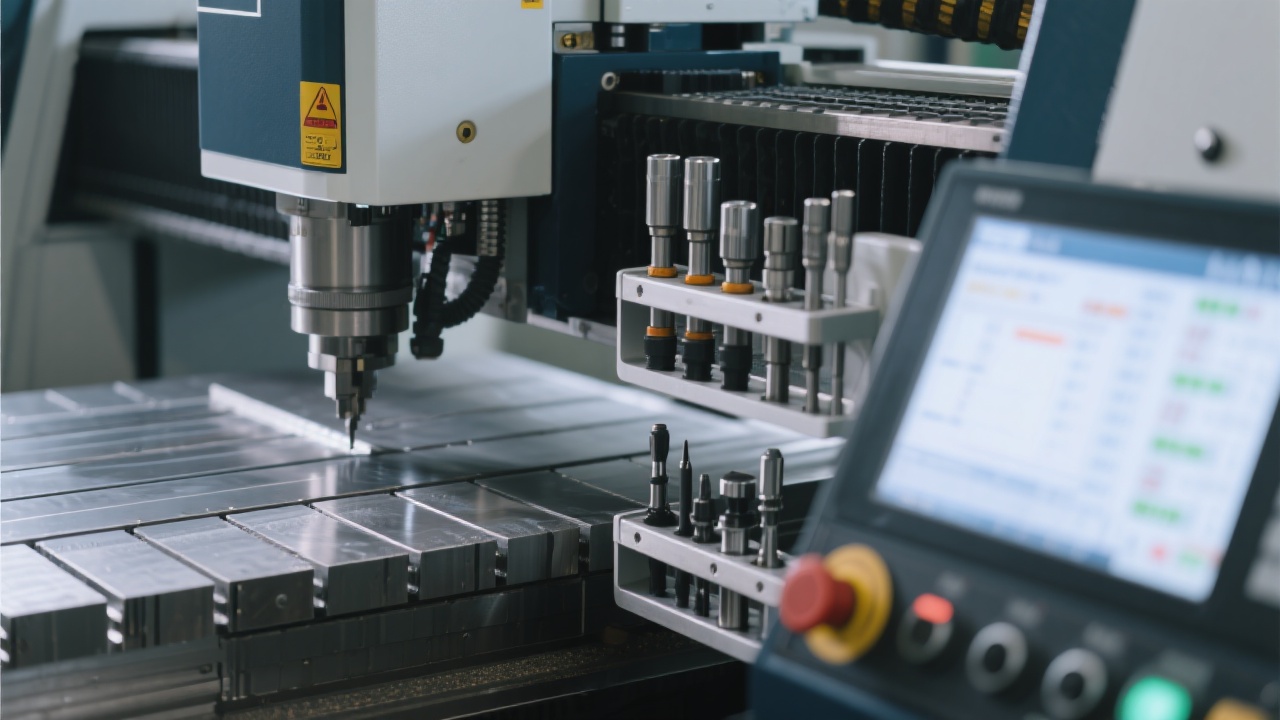
The Mitsubishi controller in the FH1890L large - stroke vertical machining center comes with a range of advanced functions. For instance, its multi - axis linkage function allows for simultaneous control of multiple axes. In a typical five - axis machining scenario, the multi - axis linkage can achieve complex surface machining with an accuracy of up to ±0.005mm. This high - precision control significantly improves the overall machining accuracy.
Automatic compensation is another key feature. The controller can automatically compensate for errors caused by factors such as tool wear and thermal deformation. In long - term continuous machining operations, the automatic compensation function can maintain the machining accuracy within a stable range, reducing the scrap rate by approximately 10% compared to machines without this function. Moreover, the built - in fault diagnosis system can quickly identify and locate faults, enabling timely maintenance and minimizing machine downtime.

The high - rigidity body design of the FH1890L is specifically engineered to meet the requirements of heavy - load machining. By using a special cast iron material with a high elastic modulus and a well - designed rib structure, the body can effectively reduce vibration during machining. In a test of machining automotive engine blocks, the high - rigidity body reduced the vibration amplitude by more than 50% compared to a standard body, which is crucial for improving the surface finish of the workpiece.
It also has a remarkable load - bearing capacity. The machine can handle workpieces weighing up to 5 tons, making it highly suitable for heavy - duty industries such as automotive and aerospace. This high load - bearing capacity ensures stable operation even in the most demanding machining scenarios.
The power spindle of the FH1890L is designed to provide high - speed response and high - torque output. It can reach a maximum speed of 12,000 rpm and has a torque output of up to 300 Nm. This high - speed response allows for rapid acceleration and deceleration, reducing the non - cutting time and increasing the overall machining efficiency. The high - torque output enables efficient cutting of hard materials, such as titanium alloys, with a cutting speed of up to 200 m/min.

When it comes to the spindle extension rod, the selection should be based on the depth and shape of the workpiece. For deep - hole machining, a longer spindle extension rod can be selected to reach the required depth. However, it is important to note that a longer extension rod may reduce the rigidity of the spindle, so a trade - off needs to be made. The scientific selection logic ensures that the machine can handle a wider range of machining tasks.
The probe is used for automatic measurement and positioning. By using a probe, the machining accuracy can be further improved. For example, in the machining of precision molds, the probe can accurately measure the position of the workpiece, reducing the positioning error from ±0.02mm to ±0.003mm. The practical operation method involves setting up the probe parameters according to the workpiece requirements and integrating it into the machining program.
Let's take the machining of a complex automotive transmission housing as an example. In terms of operation skills, it is recommended to use a high - speed roughing strategy followed by a low - speed finishing strategy. This can improve the machining efficiency while ensuring the surface quality. For maintenance, regular lubrication of the spindle and guide rails is essential to ensure smooth operation. Common problems such as tool breakage can be solved by adjusting the cutting parameters and using high - quality tools.
With the FH1890L heavy - duty vertical machining center, equipped with advanced Mitsubishi controllers, high - rigidity body design, powerful power systems, and useful accessories, it can surely assist you in achieving higher precision and faster delivery. Kaibo CNC is committed to creating a reliable and efficient manufacturing partner for you.
Learn More about Our Heavy - Duty Vertical Machining Centers

